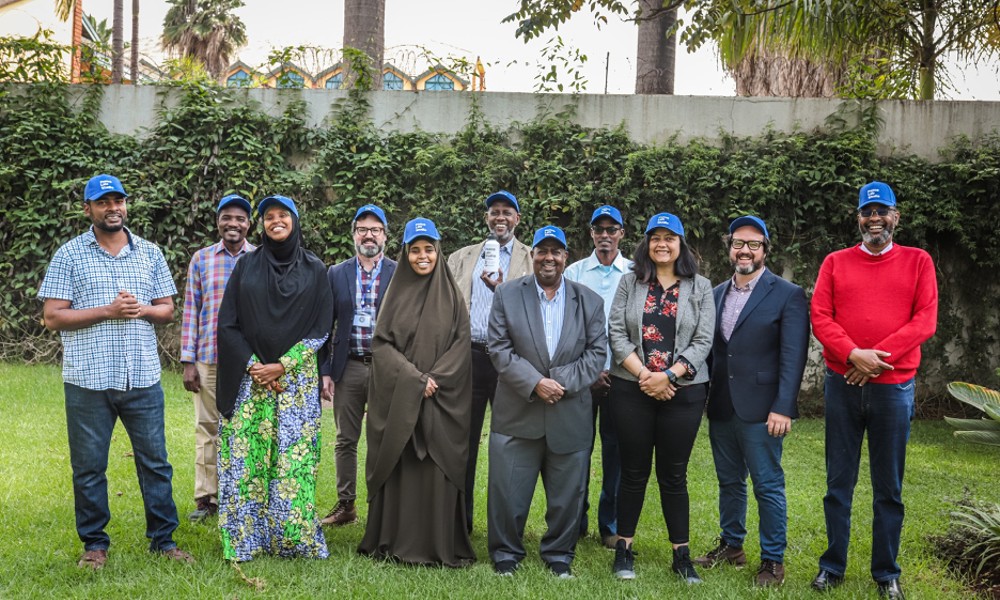Engineering professor inspires global climate solutions through innovative education
News
Engineering professor Justin Henriques has been recognized for his efforts in teaching and inspiring students with innovative mindsets to develop climate solutions.
Henriques led a team that secured a course and program grant from VentureWell to support the multidisciplinary course Peace Lab Studio. This course brings together educators from the United States and Kenya, including faculty and students from Garissa University, to design a course where students collaborate to create climate solutions for communities in Northern Kenya.
The partnership with the Institute for Peace and Security Studies at Garissa University has been pivotal for the project. “Over several years, we’ve cultivated a strong relationship centered around the intersection of peace, sustainability, and climate resilience,” Henriques explained.
The motivation for fostering an innovative mindset for climate solutions arises from the challenges faced by communities in the Global South, such as those in Northern Kenya, where unexpected environmental changes impact livelihoods.
“By 2030, an estimated 118 million people in extreme poverty will face dire consequences from droughts, floods, and extreme heat in Africa,” Henriques said. “These impacts can create conflicts over resources, economic issues, and displacement due to climate-related disasters."
Henriques stresses the global responsibility in addressing these challenges through innovative solutions. He emphasizes the importance of introducing engineering students to global innovation. “In today's interconnected world, it is crucial for engineering students to be introduced to the global nature of innovation and entrepreneurial thinking. The ability to work effectively with culturally diverse, international, and multidisciplinary teams is more essential than ever.”
“New global realities call for engineering education to produce professionals who demonstrate global engineering attributes,” said Bayo Ogundipe, head of engineering. “Many students have limited engagement with sociocultural norms that are different from their own, and thus may not consider those differences in the design process.”
The course, “Design for Sustainable Development: PeaceLab Studio,” scheduled for spring 2024, will bring together international student teams from the U.S. and Kenya and will focus on the strong connection between climate change and peace. Students will engage with community leaders, learning to understand and empathize with local needs and challenges. Operating as a global classroom without walls, the course uses Global Virtual Exchange and Collaborative Online International Learning approaches, enabling students to work in international teams and benefit from diverse perspectives.
Henriques believes that incorporating global perspectives and entrepreneurial mindsets into engineering education prepares students to meet these challenges and empowers them to be leaders and innovators in creating sustainable and equitable solutions for the future.
“This initiative complements our vision to train individuals are who understand participatory development and have the technical and non-technical skills to address complex issues,” Ogundipe said.
